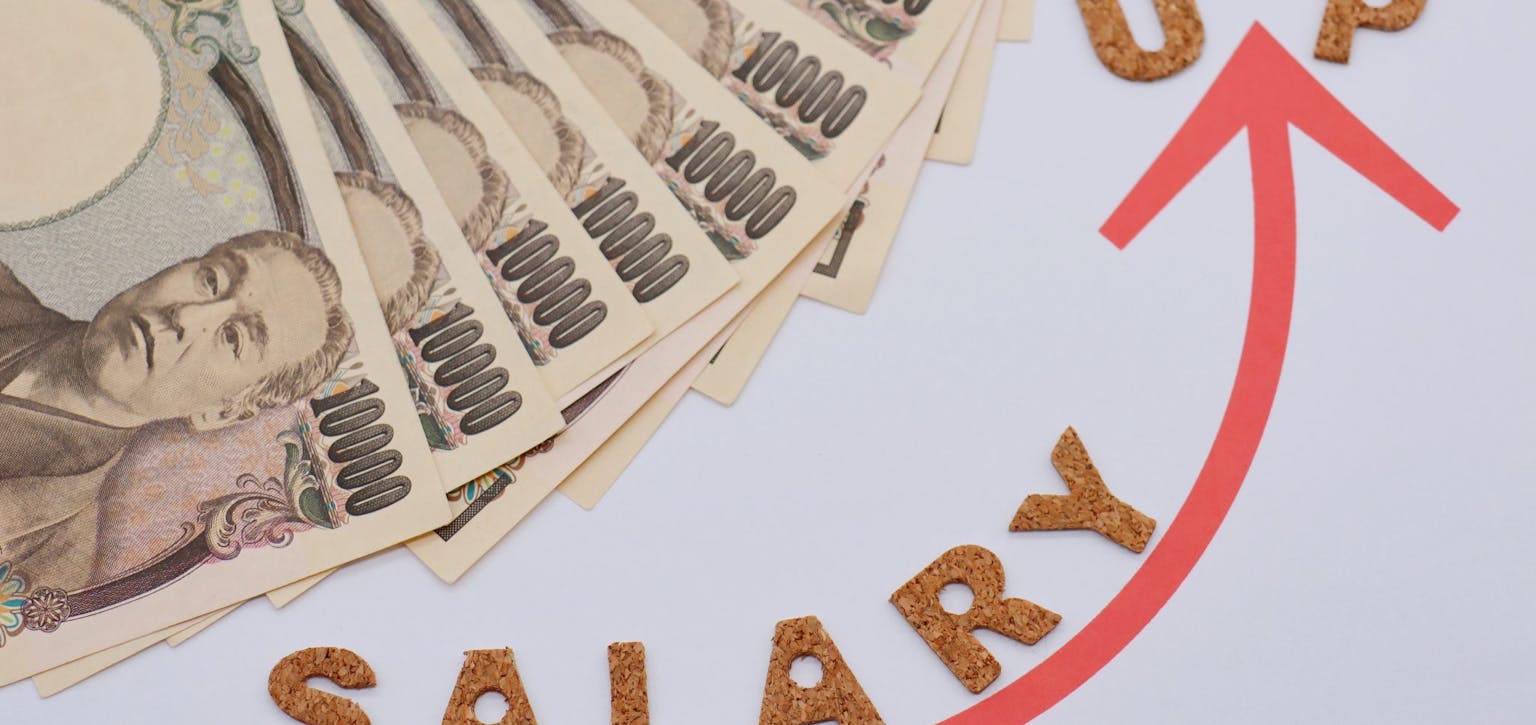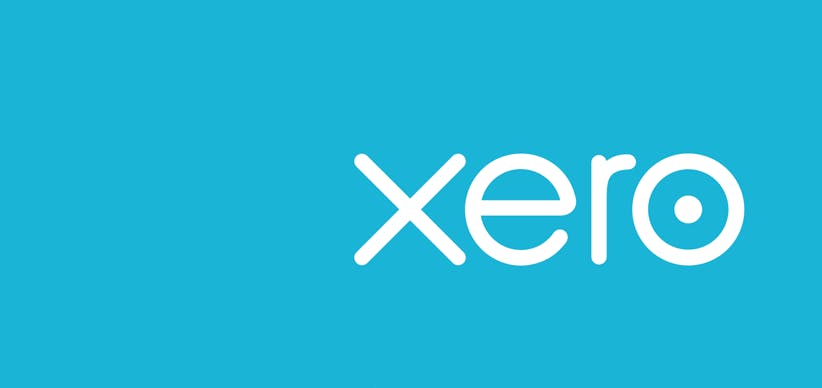Crossing the higher-rate tax threshold - currently £50,270 for the 2025/26 tax year - can be a sign of progress. It might reflect a promotion, a pay rise, or your self-employed business going from strength to strength.
But with that milestone come a few tax consequences. Some are positive, some less so, and some may not apply to you at all. It’s worth being aware of them so you can plan ahead, reduce your tax bill where possible, and avoid any surprises.
Tax Bill
The most obvious change is that you’ll start paying 40% tax on some of your income. But this doesn’t mean all your income is taxed at that rate - only the portion above the threshold.
So if you earn £55,000, you’ll pay 40% tax on just £4,730 of that. Everything below the threshold is still taxed at 20%.
National Insurance
One positive to counter this is that your National Insurance (NI) rate drops once you pass the threshold.
- If you’re employed, your NI rate falls from 12% to 2%.
- If you’re self-employed, it drops from 9% to 2%.
This means that while you’re paying more in income tax, you’re paying less in NI - softening the overall impact. The net effect is usually an extra 10p per pound for employed people and 13p per pound for self-employed people.
Child Benefit
If you or your partner claim Child Benefit, you’ll need to start repaying it once either of you earns over £50,000.
The repayment is gradual - 1% of the benefit for every £100 over the threshold - and by the time you reach £60,200, it must be repaid in full.
You’ll need to complete a self-assessment tax return to do this. I wrote about this in more detail here.
Pension Payments
If you pay into a personal pension (not a workplace scheme), you’re entitled to higher-rate tax relief on your contributions.
This works by extending your basic-rate tax band. For example, if you earn £55,270 and contribute £5,000 to a personal pension, you’ll only start paying 40% tax once your income exceeds £60,270.
This can be a useful way to reduce your tax bill while building for the future.
Charitable donations
If you donate to charity and tick the Gift Aid box, the charity can reclaim 20% tax on your donation.
But if you’re a higher-rate taxpayer, you can also reclaim the additional 20% through your tax return - or by contacting HMRC directly. It’s a simple way to support causes you care about and reduce your tax bill at the same time.
Need Help?
If you’ve recently crossed the higher-rate threshold - or think you might soon - feel free to get in touch.
All figures correct as of 20 November 2025.



